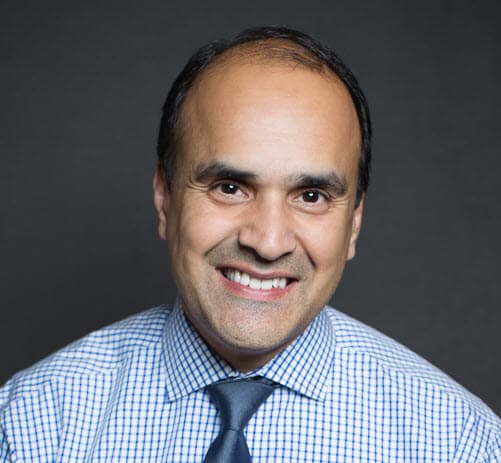
@ShahidNShah


As a thought leader in the healthcare IT space I get a lot of emails that blame physicians for not changing their behavior and not more more easily accepting information technology. The IT solutions folks and vendors often complain “if only physicians would just accept our system the hospital would benefit, the government would get data, insurance claims would be processed faster, etc.” Because physicians don’t jump to change their behavior and adopt IT immediately they are pegged as being technology averse. However, that couldn’t be farther from the truth.
Most IT systems like EMRs, EHRs, and other medical record capture and retrieval products are purportedly designed for physicians but they really are created to improve the hospital administrators’ lives, get data to government agencies looking for comparative medicine, push paperwork through to insurance companies so that they can deny claims faster, and many other “features” that don’t really do anything for the doctor.
The problem is not that doctors don’t like IT, it’s that they don’t get the same value out it that other participants in the system do. EMRs today are like CASE tools were back in the early 90’s. Think back to the early- to late-90’s and all the talk surround CASE (computer aided software engineering) and how, by automating requirements gathering and coding tasks we would “improve the engineer” and perhaps even get rid of programmers. Pretty soon we realized that programming is a cognitive process not easily modeled or automated — we realized that the training and tasks performed by programmers and engineers can’t easily be improved. Once we gave up on CASE tools (and how to improve programmers’ thought processes) we learned that we could improve significant tasks like editing, compiling, testing, etc and the actual application lifecycle.
The same way CASE tools failed to improve programmers and thus failed as an industry, EMRs that strive to improve physicians’ thought processes or try to change how they treat patients will fail as well. That’s because physicians are trained in a combined scientific and socratic method — based on case studies backed by science. Physicians using EMRs will be no better doctors than lawyers would be better lawyers because they use a case management system.
So, how do we get physicians to change their behavior and adopt healthcare IT systems? Easy. You can’t in the short term.
In the long term, once we figure out that the edges of healthcare (as opposed to the direct patient care) can be easily improved through better operations and automation of routine tasks we’ll end up creating useful systems. And therein lies the rub: physicians will not adopt systems that do not provide clear and easily understandable value to them (not just their employers).
Because most EMRs today have more value to hospitals, government, and insurance firms and little or no innate value across the board to doctors there won’t be huge adoption like we’re hoping (or wishing for). Here are some simple questions that doctors will want answered before they adopt anything:
These are usually the kinds of questions going through physicians’ heads when you’re showing them a system. If you’re not ready to answer them your solution probably has little value to them and they’re not about to change their behavior to adopt it.

Shahid Shah is an internationally recognized enterprise software guru that specializes in digital health with an emphasis on e-health, EHR/EMR, big data, iOT, data interoperability, med device connectivity, and bioinformatics.
Connecting innovation decision makers to authoritative information, institutions, people and insights.
Medigy accurately delivers healthcare and technology information, news and insight from around the world.
Medigy surfaces the world's best crowdsourced health tech offerings with social interactions and peer reviews.
© 2023 Netspective Media LLC. All Rights Reserved.
Built on Jan 17, 2023 at 9:26am